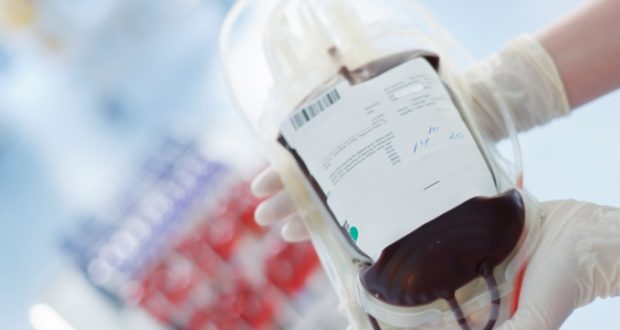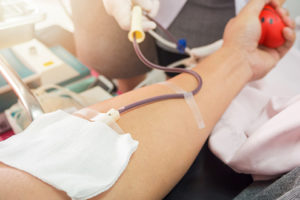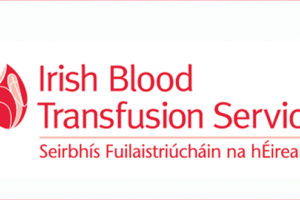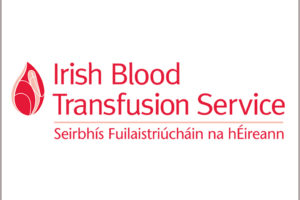The emerging threat of hepatitis E virus (HEV) to the safety of blood transfusion has prompted the Irish Blood Transfusion Service (IBTS) to decide that all donations should now be tested for the disease.
HEV infection has become relevant to blood transfusion practice in general because isolated cases of blood transmission have been reported worldwide, and HEV has been found to cause chronic infection and severe liver disease in immunocompromised patients.
A spokesperson for the Service told IMT: “The IBTS has decided that all donations should be tested for HEV. This has been communicated to the Department of Health with a request for funding. The issue is being considered currently.”
The costs to be incurred by introducing testing for HEV were commercially sensitive as they were still under discussion with the technology provider, IMT understands.
The request for funding follows the completion of a six-month validation study on the genetic test, the same type of test used to detect HIV and hepatitis B and C.
“We are still in discussions with the technology provider on the exact price,” the IBTS stated. “There is only a NAT test available for HEV. We have not considered discontinuing serology testing for HIV or HCV.”
As HEV testing will be carried out using NAT only, it raises the question of whether at some time in the future the IBTS should consider not continuing to do serology testing for HIV and HCV, given that NAT is the more sensitive test.
Last year, the Irish Examiner (29.07.2014) reported that one-in-20 blood donors (5 per cent) had been exposed to hepatitis E, citing an IBTS study.
In the previous year, the IBTS had looked for antibodies to the disease in donor samples.
While the prevalence of the disease in Ireland, at 5.3 per cent, was the lowest recorded in Europe, the IBTS has decided to work “very aggressively” towards introducing a test to screen donations for the disease following the completion of the validation study, according to reports. At the time, IBTS Medical and Scientific Director Dr William Murphy said the blood bank did not know how many donors were infected with hepatitis E.
lloyd.mudiwa@imt.ie
 Irish Medical Times Medical News for Healthcare Professionals
Irish Medical Times Medical News for Healthcare Professionals







